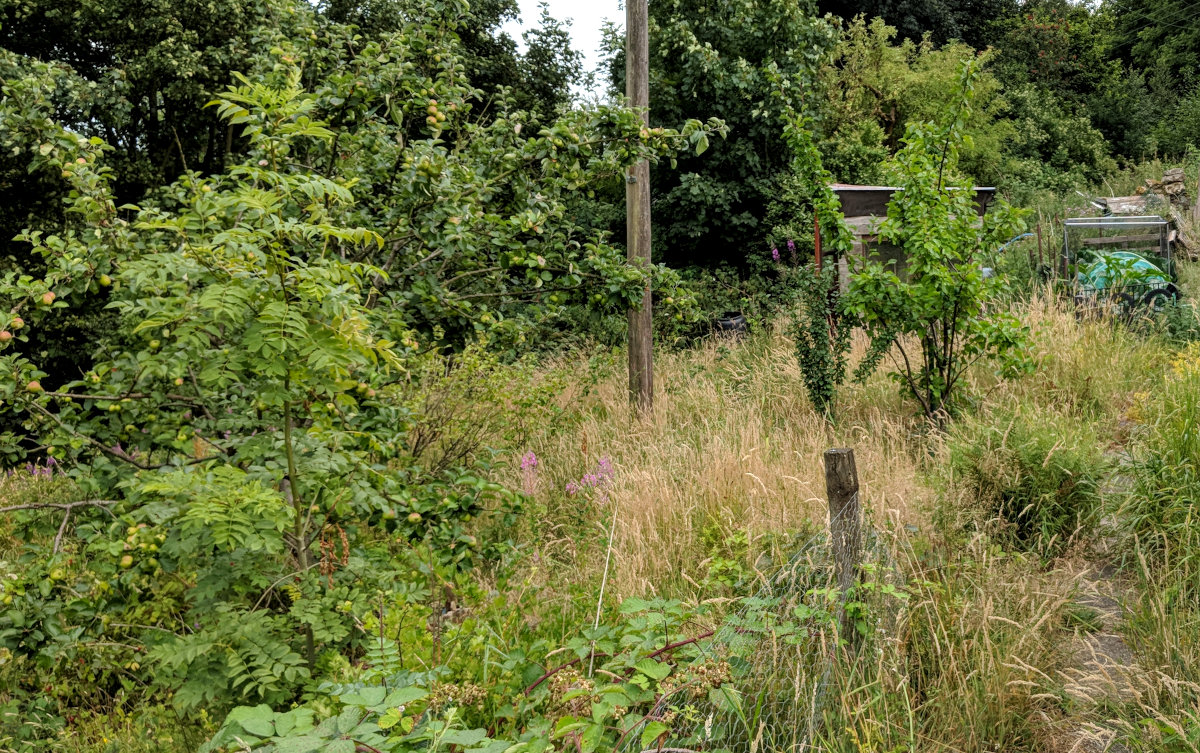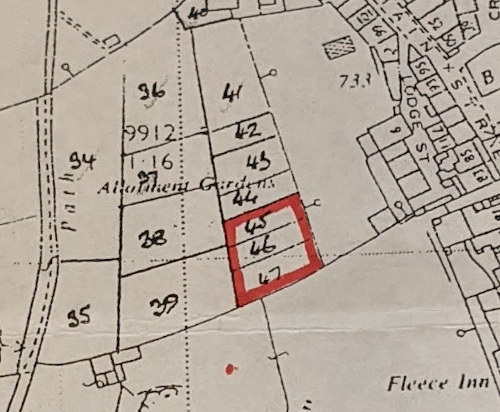Allotments Law and responsibilities

What you are allowed to do with the allotment land you rent is governed by the tenancy agreement you have to sign and the various allotments Acts that govern how they are administered.
The main laws that govern allotments in the UK are the:
- Small Holdings and Allotments Act 1908: This Act places a duty on local authorities to provide allotments, and sets out the terms on which allotments can be let.
- Allotments Act 1922: This Act defines what an allotment is, and sets out the rights and responsibilities of allotment holders.
- Allotments (Scotland) Act 1967: This Act is the equivalent of the Allotments Act 1922 in Scotland.
The terms on which allotments can be let vary from council to council, but typically include a requirement to use the allotment for growing food, and a maximum rent that can be charged. Allotment holders are also typically required to keep their allotments in good condition, and to pay for any damage that they cause.
Here are some of the key provisions of allotment law:
- Local authorities have a duty to provide allotments.
- Allotments must be used for the purpose of growing food.
- The maximum rent that can be charged for an allotment is set by law.
- Allotment holders have the right to use their allotments for the purpose of growing food.
- Allotment holders are required to keep their allotments in good condition.
Allotment law is designed to ensure that allotments are available to people who want to grow their own food, and that allotment holders have the right to use their allotments for the purpose of growing food.
While there is always a little variability between landlords the basics are much the same.
The allotment tenancy agreement:
Allotments all require a tenancy agreement. This is a legally binding document that stipulates both your and the landlords rights and responsibilities. Allotment tenancy agreements are usually much more simple than most and tend to be quite short.
Here is some example clauses in an allotment tenancy agreement:
What you are getting and where it is:
Allotment agreements should always have a map of the land and it's boundaries.

Rent and costs:
Allotments cost between £10 and £150 a year depending on whether a water supply and rubbish collection is included in the price. You are required to pay up front every year in the 30 days before the rent becomes due.
Below: Here is what mine says about costs.

Below: Notice periods.

Below: What happens if you don't pay.

Allowed or permissible activities:
These are all associated with the growing of fruit and vegetables and the keeping of hens and rabbits without any financial gain.
Below: My agreement is quite specific about what is allowed on allotments.

Your responsibilities on the allotment:
These vary depending on where you are but they normally include:
- Keeping the land weed free and in good fertility.
- Keeping paths clear and well maintained.
- Not causing any obstructions or damage.
- Not being a nuisance to other plot holders or nearby residents.
Below: The relevant clause from my lease agreement.


What you are not allowed to do on an allotment:
- Run a business for profit.
- Sub letting a plot or portion of it.
- Building without permission.
- Obstructing, dumping or littering.
- In the old days it was part of most tenancy agreements that Sunday morning gardening was not allowed so you could attend church.
Can you build on allotments?
In the UK allotments come with planning permission to build paths, chickens coops, raised beds, sheds, greenhouses and poly-tunnels or hoop-houses up to a certain size. These are known as permitted buildings
Essentially, with the landlords written consent, you can have any building you need up to a limited size, you wouldn't be allowed a 16 X 24 foot shed for example or a greenhouse over 12 foot tall.
Can you live on an allotment?
You are not allowed to live on your allotment. Most are not big enough and there are generally no facilities.
That said I did spend a slightly drunken night in my poly-tunnel after a plot holders barbecue.
Allotment Insurance:
Some plot holders are required to have insurance.
Like it or not, insurance is part of everyday life. On allotments, in this age of compensation culture, more and more local authorities and private landowners are now requiring plot holders to have £5 million worth of cover as part of the terms of any lease agreement.
To the average plot holder this may seem daunting, especially following a number of reports in the national press regarding extortionate costs of public liability insurance for allotment tenants.
To read these reports you would feel this is the end of the road for the allotment, with insurance costs forcing the price of renting a plot well beyond the reach of the average plot holder. Insurance for your allotment plot does not have to cost the earth.
The Public and and Product Liability cover is a third party cover only and it protects you from claims made AGAINST you for:
- Injury to any person.
- Damage to Property.
- Interference with or loss of enjoyment of property as a result of obstruction, trespass, or nuisance.
What animals can you keep on an allotment?
You can legally keep hens and rabbits on an allotment and some other types of livestock are allowed by agreement.
My allotments do not allow the keeping of cloven hooved livestock but we are fine with poultry.
